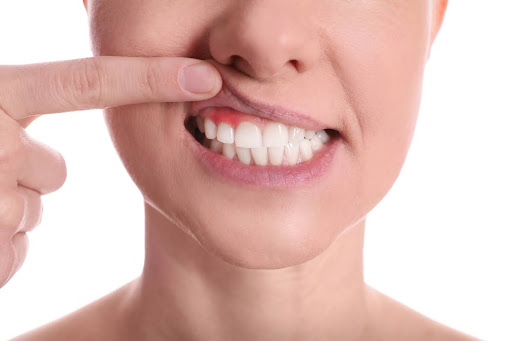
For nearly half of American adults grappling with periodontal disease, the emergence of gum pockets poses a serious threat to oral health. Unlike the ideal snug fit of healthy gums around teeth, these pockets create a space where harmful bacteria thrive, leading to potential tooth loss. Understanding the significance of addressing periodontal pockets and taking proactive measures is crucial for maintaining a healthy smile.
The Consequences of Gum Pockets:
As gum pockets deepen over time, they expose teeth and their roots to bacterial infiltration, wreaking havoc on oral health. This accumulation of harmful bacteria under the gums can lead to infections, ultimately risking the loss of teeth. Prevention becomes key for those without gum pockets, emphasizing the need to uphold a robust oral healthcare routine.
Hope for Those with Gum Pockets:
For those already dealing with gum pockets, all is not lost. Seeking professional help is crucial to restoring oral health. A comprehensive treatment involves the careful folding back of gum tissue, thorough cleansing to eliminate disease-causing bacteria, and secure reattachment of the gum to healthy bone. This process not only addresses existing issues but also minimizes the risk of reinfection.
Acting Swiftly:
Timely intervention is paramount, as deeper pockets pose greater challenges for effective treatment. The reduction of pocket depth and thorough bacterial cleansing are pivotal in preserving a healthy smile. Collaboration with a healthcare professional is essential to establishing a robust post-procedure oral care routine, crucial for preventing the recurrence of gum disease.
Ongoing Collaboration for Lasting Results:
The collaborative effort between individuals and dental professionals plays a vital role in maintaining oral health. Even post-treatment, individuals must work closely with their doctors to ensure a resilient oral care routine. Due to the recurrent nature of gum disease, this ongoing collaboration significantly increases the likelihood of preserving natural teeth and preventing future occurrences of periodontal disease.
Periodontal Care: A Continuous Commitment:
For those in the midst of periodontal care, scheduling regular appointments is imperative. Maintaining pocket-free gums requires consistent monitoring and professional intervention. By staying proactive in your periodontal care, you contribute significantly to the longevity of your natural teeth and reduce the risk of periodontal disease in the future.
Addressing periodontal pockets is a crucial step toward preserving oral health. Whether preventing their emergence or seeking treatment for existing pockets, a collaborative approach with healthcare professionals ensures a resilient defense against periodontal disease, promoting a lifetime of healthy smiles.








